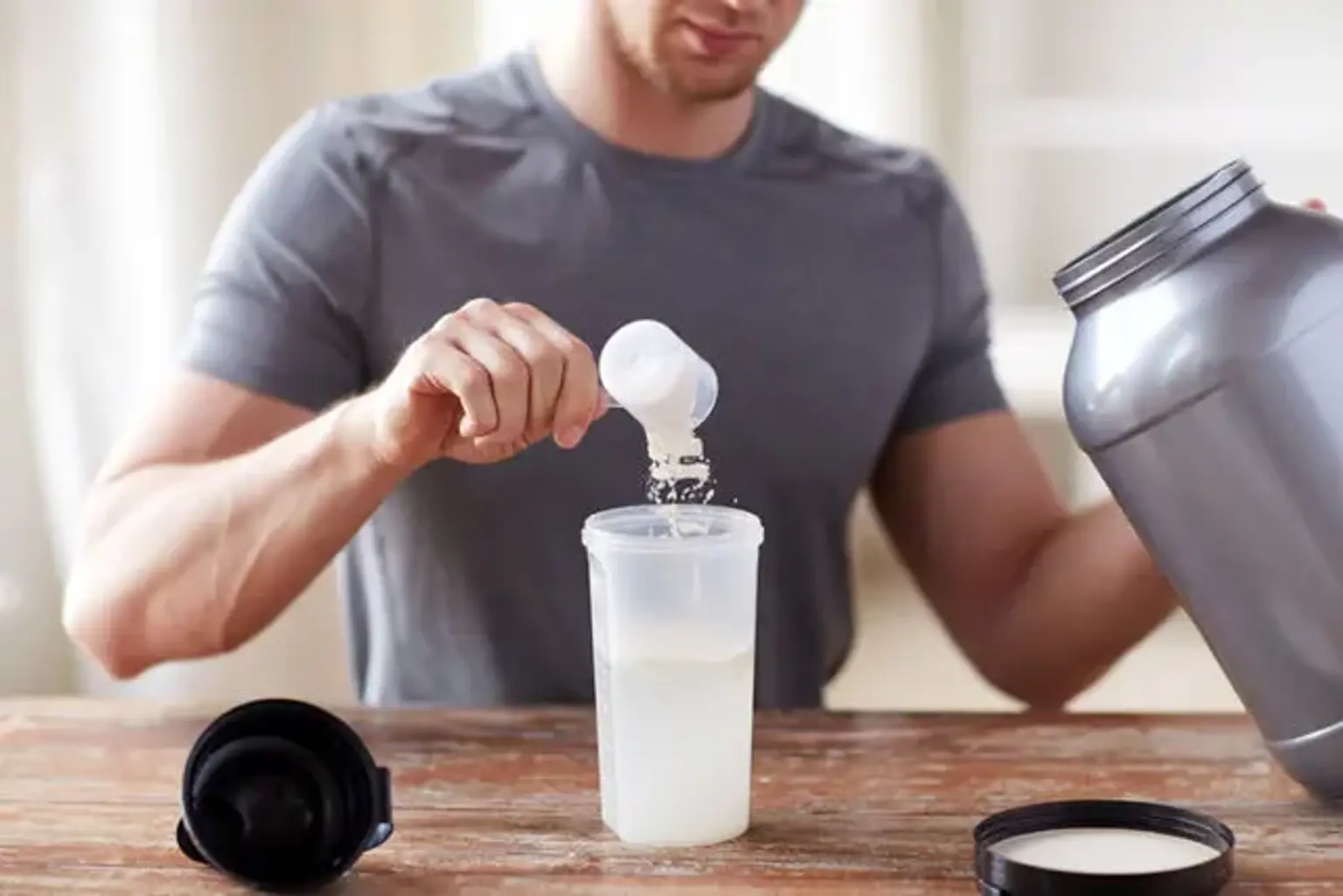Introduction
What Are Creatine Supplements?
Creatine supplements are among the most researched and widely used products in the fitness world, celebrated for their proven benefits in boosting athletic performance. Creatine is a naturally occurring compound found in the muscles, where it plays a crucial role in energy production for high-intensity activities like weightlifting, sprinting, and other explosive movements. While our bodies naturally produce creatine from amino acids, it’s also found in foods like red meat and fish. However, supplementing with creatine allows individuals to achieve higher concentrations in their muscles, leading to enhanced energy production and, ultimately, improved performance.
The surge in creatine's popularity isn't limited to just Western countries. Over recent years, it has also become a staple in South Korea, where the fitness culture is thriving. With more Koreans embracing gym workouts, bodybuilding, and high-performance sports, creatine has become a go-to supplement for anyone looking to elevate their fitness results. Whether it's professional athletes or casual gym-goers, creatine's widespread usage highlights its growing importance in achieving optimal physical performance.
Why Discuss Creatine Supplements Now?
The fitness supplement industry is booming globally, and particularly in South Korea, where maintaining a fit and healthy lifestyle is deeply ingrained in the culture. With fitness centers popping up across cities and more individuals seeking ways to improve their workouts, creatine has emerged as a top choice among gym enthusiasts, athletes, and even fitness influencers.
What makes creatine so appealing? Aside from its effectiveness, creatine's safety profile is another significant factor. When used correctly, creatine has a low risk of side effects, making it a trusted supplement for both beginners and experienced athletes alike. As new creatine products flood the market, both internationally and within Korea, it becomes crucial to understand what creatine offers and whether it’s the right fit for your fitness journey. Whether you're a beginner looking to gain muscle mass or an athlete seeking a competitive edge, creatine has become an essential part of the modern fitness regimen, and its popularity is only expected to grow.
What Is Creatine and How Does It Work?
Understanding Creatine’s Role in the Body
